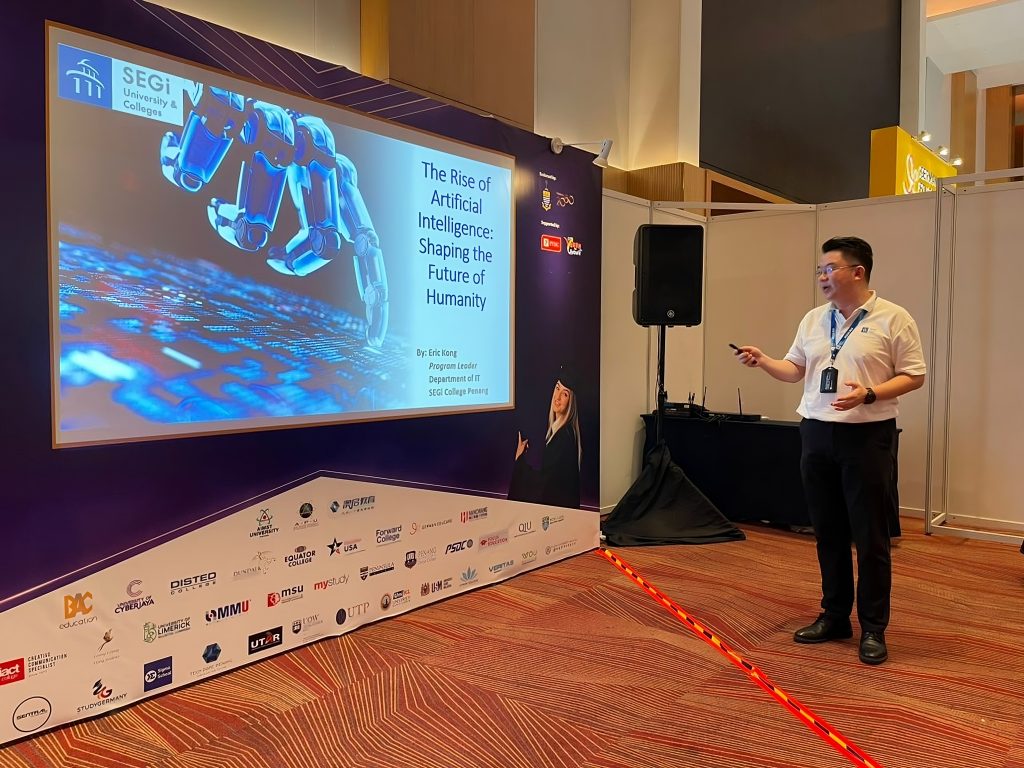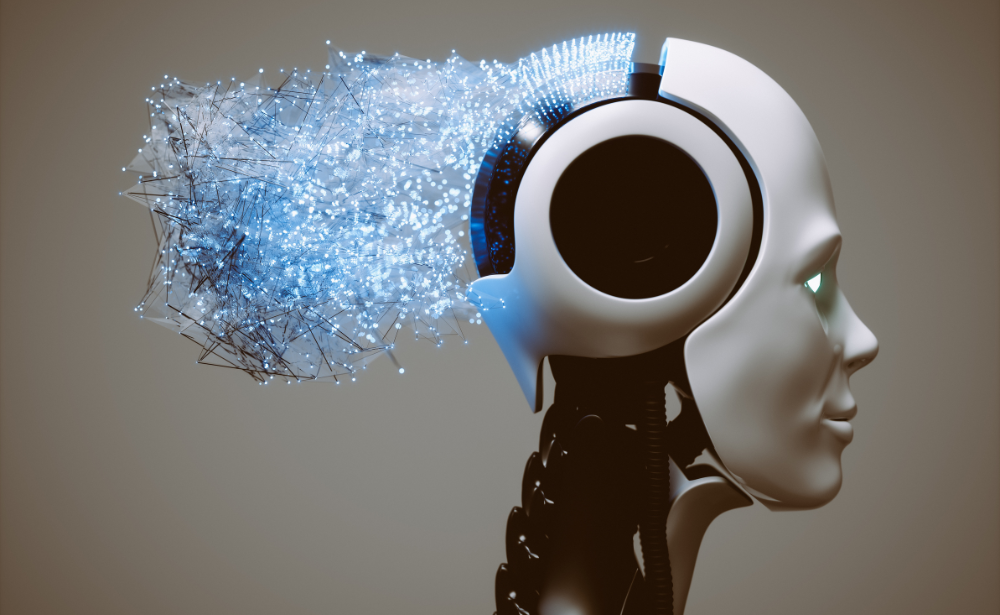Artificial Intelligence (AI) is a term that has become a household name in the era of intelligent systems. AI has found widespread use across various industries, including healthcare, finance, transportation, and manufacturing.
But do we truly understand what AI is?
The concept of AI was first formulated by American computer scientist John McCarthy in 1955. His idea was to design a machine capable of thinking and reasoning like a human. Over time, this concept has evolved into the sophisticated intelligence systems we have today, including self-driving cars.
There are numerous interpretations of AI. It can be viewed as systems that mimic human behaviour, such as Chatbots, or systems that emulate human thought processes, as seen in machine learning and recommender systems. Some describe AI as systems that can act rationally, like adaptive systems and planning and optimisation systems. Alternatively, AI can also be perceived as systems that think logically, akin to expert systems.

In broad terms, AI is classified into weak AI and strong AI. Weak AI refers to research focused on creating computer-based artificial intelligence that imitates human-like behaviour without genuine reasoning and problem-solving capabilities. Conversely, strong AI pertains to research aimed at developing computer-based artificial intelligence that can genuinely reason and solve problems, often described as conscious or self-aware.
AI’s pervasive use extends to the financial sector, where it aids in investment decisions, fraud detection, and customer service. In transportation, AI is instrumental in developing self-driving cars, optimising traffic flow, and enhancing road safety. In manufacturing, AI streamlines production lines, enhances quality control and optimises inventory management.
In Germany, AI has reached new heights with the implementation of AI lifeguards in swimming pools (Star Online, 2023). It was reported that one of Germany’s swimming pools is testing a monitoring system using AI to attempt to save swimmers’ lives. In the western city of Wiesbaden’s Kleinfeldchen swimming baths, indoor and outdoor pools started using the new system in August 2020.
In the field of manufacturing, image recognition is widely utilised to detect defects in production lines, a task impossible to perform manually by humans.
Undeniably, AI is changing our daily activities. We can be sure that greater advancements and innovations will be introduced in the near future. What was once confined to the realm of science fiction, as depicted in shows like Futurama, is now becoming reality. Whether we believe it or not, Artificial Intelligence is shaping the future of humanity, ushering in a new era of civilisation.

About the Author:
ERIC KONG KOK WAH
Programme Leader, School of Information Technology, SEGi College Penang
Eric Kong Kok Wah is an accomplished academic with a strong educational foundation, holding a Master’s degree in Computer Science with a specialisation in Artificial Intelligence from the University of Malaysia Terengganu (UMT). With a career spanning over 14 years, Eric has dedicated himself wholeheartedly to the field of education since 2009. As a seasoned lecturer, he possesses wide-ranging expertise, encompassing various courses that lead to certificates, diplomas, and full-fledged degrees. Within the dynamic realm of Artificial Intelligence, Eric’s unwavering passion is firmly rooted in the captivating domains of image processing and segmentation. His extensive knowledge and experience in these areas underscore his steadfast commitment to advancing the field.

